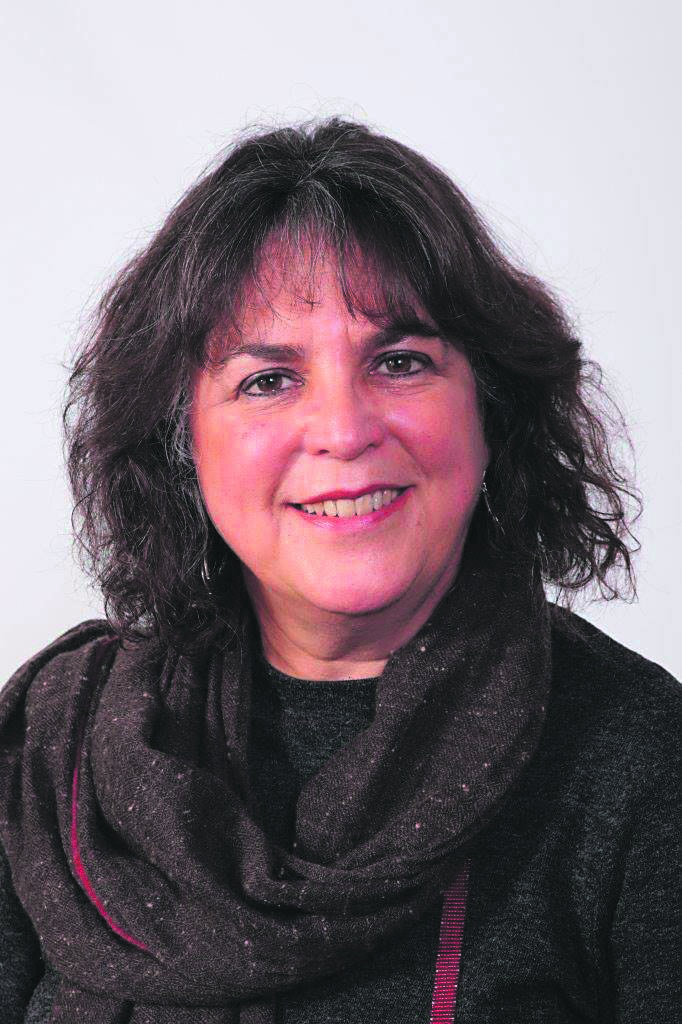
When I walked down Wale Street in Cape Town all dressed in black on Thursday many black-clad people came out of the side streets, like tributaries of a black river flowing towards Parliament.
We stood in front of Parliament like a dark cloud.
If we could have flown we would have hovered over Parliament like an ominous cloud drawing energy from our collective trauma and rage.
There were women holding up placards with lists of the names of women brutally raped and murdered.
Ten in the week – a brutal week in South Africa – with intimate femicide spiralling out of control.
Foreigners were attacked and killed and hundreds displaced, their shops burnt and looted; truck drivers were attacked, their trucks set on fire.
Two policemen were shot execution style, one of them eight times in the head.
A six-year-old was abducted in front of her mother.
The week before two cows were hacked to death by angry students.
The dam wall broke when Uyinene Mrwetyana went to the post office to collect a parcel and did not come back – brutally raped and murdered inside the post office.
Nowhere is it safe was the message. The collective rage got feet and went to Parliament.
There is a call for a state of emergency and the death penalty. For those of us who lived through a state of emergency in 1985-1986 it opens old wounds and trauma.
There was violence then too, but the violence had a purpose – it was the difficult birth of our democracy.
Many of us were out there in the rolling mass action that continued for months to make the country ungovernable. And out of that devastation our democracy was born.
But then we had hope. Now, what hope is there?
So, let’s talk about democracy. This is a democracy in which we lose on average 10 women a week to rape and murder of uncommon brutality.
We have levels of crime that make the violence of drug cartels in other parts of the world look like child’s play.
We have the highest inequality in the world according to the Gini coefficient.
There could not have been a starker contrast to hammer this message home than when women peacefully protested against gender-based violence on Thursday outside the luxurious Cape Town International Convention Centre where the World Economic Forum on Africa was taking place and where our president was holed up.
The police used stun grenades and water cannons to disperse them, arresting and manhandling some.
On August 29 there was a Women’s Parliament, a combined session of the women members of Parliament and ministers and civil society organisations.
The theme was strengthening the national gender machinery – structures in the state to promote gender equality – as a response to gender-based violence.
There is a steering committee on gender-based violence and femicide, charting the way forward, and provincial consultations on the national strategic plan on gender-based violence, but the Women’s Parliament’s main plan of action was to suggest provincial consultations with women about the 1994 Women’s Charter.
This is what I call “fiddling while Rome burns”.
Women want something to be done about the violence. We want implementation of all the promises made during #TotalShutDown and years of consultations.
Remember the promises after the brutal gang rape, disembowelment and murder of Anene Booysen in 2013?
Did the 44% of women MPs and 50% of women ministers come to the protest outside Parliament – to see how angry women and our male allies are?
They were missing in action until they had to join the president, who addressed the crowd outside Parliament on the second day of the protests.
This is descriptive representation of women – a democratic mechanism of a 50% quota to enhance gender equality.
The minister of women, youth and people with disabilities said on radio after Mrwetyana’s death that men should protect us, but it is men who are killing us.
The women and men in front of Parliament were the lucky ones who could get there safely. What about those women who are poor and have to take taxis or walk?
They are not safe on their streets, they are not safe in the taxis, they are not safe in their workplaces, they are not safe in their homes, they are not safe in their post offices.
We keep asking for safe public transport and street lighting because in a democracy you can expect service delivery.
Colonialism and apartheid robbed us of our humanity and now democracy is doing it too.
Is this democracy just the veneer over Hobbes’ state of nature – where barbarism is the order of the day and life is “short, brutish and cruel”?
Where each fights the other, lest we get killed ourselves?
We created institutions and rules of democracy to protect us against the state of nature.
But we do not live in a democracy – we live in the state of nature.
Gouws is professor and holds the SARChI chair of gender politics at Stellenbosch University




 Publications
Publications
 Partners
Partners








